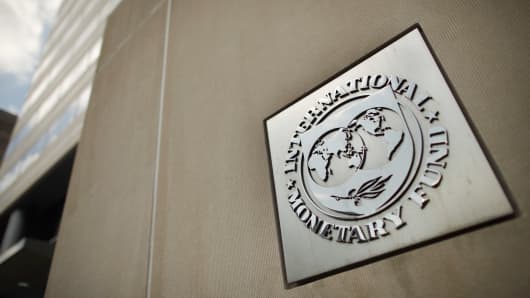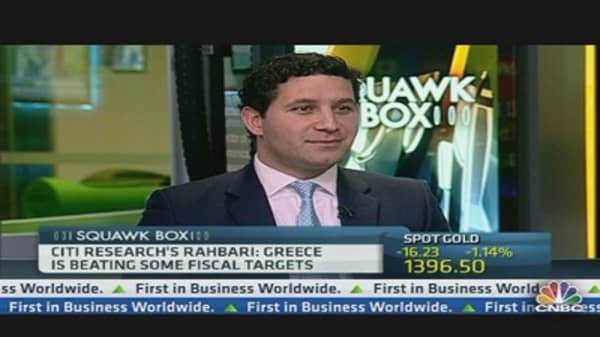It remains the largest sovereign default in history, and euro zone officials have vowed they will not repeat the haircuts in other heavily indebted euro zone countries.
The report argues that IMF staff knew imposing a fiscal squeeze on Greece would be especially painful, but failed to translate that into their growth forecasts, assuming a low "multiplier" from tax rises and government spending cuts.
More From The Financial Times:
China to Probe EU Wine Exports
Brussels Offers China Solar Reprieve
EU Plan to Remove Libor from London
"The program initially assumed a multiplier of only 0.5 despite staff's recognition that Greece's relatively closed economy and lack of an exchange rate tool would concentrate the fiscal shock," it says.
The report also says that IMF staff were too optimistic about Greece's ability to implement reforms. "As it turned out, ownership of the program did not extend far and little progress was made with politically difficult measures such as privatization, downsizing the public sector, and labor market reforms."
It says that there were "occasionally marked differences of view" within the troika of the IMF, EU and European Central Bank which managed the Greek program. The report says that none of the partners "seemed to view the arrangement as ideal" but, given that, "co-ordination seems to have been quite good under the circumstances".
Despite all the self-criticism, however, the IMF says that it was correct to go ahead with the Greece programme because of "the considerable dangers for the euro area and the global economy should Greece have been allowed to default". It also says that there was little alternative to very rapid deficit-cutting, given the size of Greece's deficit and financing needs.
"The [review] shows that macroeconomic assumptions were over-optimistic throughout the programme, especially for economic growth and fiscal revenues," said Paulo Nogueira Batista, the executive director for Brazil and a group of other countries at the IMF.




